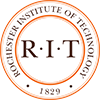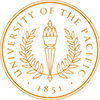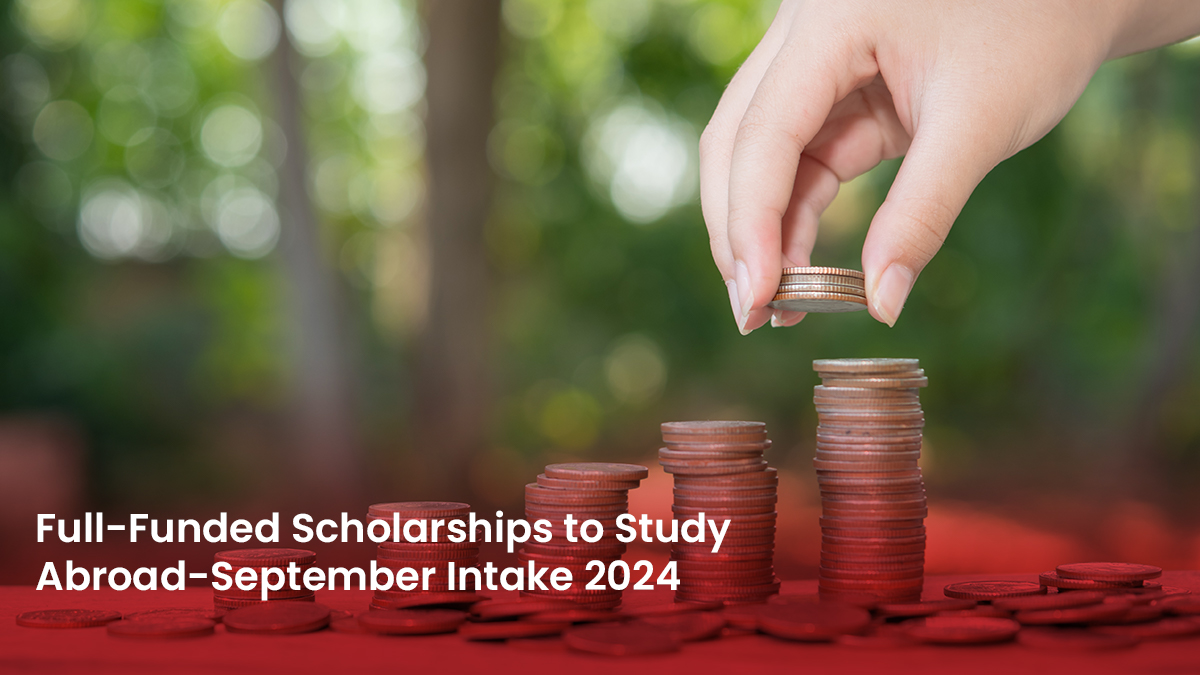Choosing to study Master’s in Economics is a big decision. But if you’re looking for an internationally respected and highly ranked program, Canada could be the perfect place for you. With world-class universities and a welcoming environment, Canada offers some of the best economics programs in the world.
Check out this guide to learn more about studying economics in Canada as an international student.
Why Choose Canada in Studying for a Master’s Degree in Economics
A Master’s in Economics is a very popular field of study. It is one of the most sought-after degrees by students who want to make their career as economists and also those who are looking for a change from other fields of study. These are a few reasons why you should get a Master’s in Economics in Canada.
- The demand for this degree has increased over the years because it provides you with skills that can be used in many different areas of life.
- Makes it an excellent choice if you are planning on changing your career path or starting up your own business.
- The program will teach you how to analyze and interpret economics, develop economic models, and forecast future trends.
- Gain an understanding of the global economy and the role that your country plays in it.
- You will be able to work in a variety of settings, such as government, financial institutions, and multinational corporations.
What you Need to Know
- Master’s degree programs in economics offer students an advanced understanding of economic concepts. Students study a spectrum of topics including
- International Economics
- Resource and environmental economics
- Financial and Labor Economics
- Development Economics
- Law and Economics
- Industrial organization
- Macroeconomics
- Microeconomics
- Econometrics
- Each University’s curriculum for an Economics Master’s Degree includes Social Science topics such as Sociology.
- The average cost of tuition varies from CAD13,000 to 45,000 (approx ₹34 lakh).
- A Master’s Degree in Economics usually takes one to two years to complete.
- It’s important to take an English language examination before applying for a Master’s in Economics in Canada.
Master’s Degree in Economics in Canada: English Test Requirements
If you want to study abroad, you must take an English language proficiency exam before applying for admission. Most countries require international applicants to submit their scores from one of the standardized English proficiency exams such as:
- IELTS (International English Language Testing System)
- TOEFL (Test of English as a Foreign Language)
- PTE (Pearson Tests of English)
English Program Minimum Requirements
English Language Test | Overall Score | Listening | Reading | Speaking | Writing |
IELTS | 6.5 | 6.0 | 6.0 | 6.0 | 6.0 |
TOEFL | 93 | 22 | 22 | 22 | 22 |
PTE | 65 | 60 | 60 | 60 | 60 |
Eligible Students for Master’s Degree in Economics in Canada
Most Canadian Universities offer an MA Economics degree program. Here are some of their requirements:
- 16 years of total educational experience with 10+2+4 break-up.
- 4-year Bachelor’s Degree in Economics or a related field. With preferred knowledge below.
- Microeconomics
- Advanced economic theory
- Econometrics
- Mathematics
- Statistics
- Compulsory of submitting GRE Scores.
- Met a minimum 3.0 GPA on a scale of four points or 7-8 on a 10-point scale of CGPA. The percentage required thus be 78-81% or Grade B.
- Admittance into the program is dependent on strong academic performance and analytical skills
- Prior professional experience will be held substantially.
Admission Process for Masters In Economics in Canada
- Visit the official website of the University where you want to study and review the requirements.
- Create an account with the university using your phone number or e-mail address. You shall receive login information and verification codes by doing so.
- Fill out your personal information.
- Application fees vary for each university and location in Canada and are payable thru international online banking.
- If necessary, enter your academic qualifications as well as your additional supporting documents.
- Some Canadian schools and institutions may offer virtual interviews to selected applicants.
Documents Required for Masters In Economics In Canada
- Academic Transcripts
- Referral Letter
- English Proficiency Certificate
- Visa / Passport
- Recommendation Letter
- Statement of Purpose
- Curriculum Vitae (if required)
Tuition Fees for Getting a Master’s Degree
There are varying levels of tuition fees for Masters in Economics at different Universities in Canada. Application costs and student visa fees in Canada are additional expenses. International students usually pay more at private institutions than public ones because they tend to offer specialized and sometimes additional educational services.
Tuition fees for getting a Master’s Degree in Economics in Canada
Degree Level | Tuition Fees |
Masters in Economics | 25,000 CAD or 1,516,960 INR |
Bachelor of Arts in Economics | 31,000 CAD or 1,881,031 INR |
Ph.D. in Economics | 18,000 CAD or 1,092,220 INR |
Graduate Diploma (GrDip) in Economics | 14,000 CAD or 849,498 INR |
Scholarships for Masters in Economics in Canada
The Canadian government has a number of scholarships in Canada available for students from around the world. These are offered to international students who have completed their education and wish to pursue post-secondary studies in Canada. The scholarships for international student in Canada are awarded based on academic merit, financial need, and/or personal achievement.
Below are the Scholarship Options for Students
Institution | Scholarship | Funding Details |
University of Toronto | Ontario Graduate Scholarship, H. Stanley Hunnisett Fund and the Dorothy J. Powell Graduate Scholarship In International Economics | CAD 11,300 (₹9 lakh) per session and it may vary as well |
University of Waterloo | The Ontario Graduate Scholarship | CAD11,300 (₹9 lakh) per session |
University of British Columbia | The Mackenzie King Scholarship and the Toptal Scholarships for Women | CAD 7900- CAD 9500 (₹7 lakh) per year |
University of Alberta | The AD O’Brien Graduate Scholarship in Public Finance and the Alberta Graduate Excellence Scholarship | CAD 4021 per year or CAD 9000 (₹7 lakh) as one-time assistance |
Universite De Montreal | The Lise Salvas Foundation Award, Maurice Bouchard Foundation Award, and the
PBEE Merit Scholarships for Graduates | CAD 760 (₹57,907) per year (it may vary as well) |
Career and Employment After Masters In Economics In Canada
There are many different paths that you can take after completing your masters in the best economics universities in Canada. Whichever path you choose, a masters in economics will give you the skills and knowledge you need to succeed. A degree in economics can lead to a wide range of exciting and rewarding career opportunities.
Samples of Some of the Rewarding Roles
Role | Salary in CAD | Salary in INR |
Economist | 96,000 | 5,825,130 |
Data Scientist | 80,000 | 4,854,275 |
Data Analyst | 76,000 | 4,611,560 |
Economics Professor | 110,000 | 6,674,628 |
Financial Analyst | 85,000 | 5,157,670 |
Financial Manager | 89,000 | 5,400,381 |
Hedge Fund Manager | 120,000 | 7,281,413 |
Economic Development Director | 90,000 | 5,461,060 |
Budget Analyst | 77,000 | 4,672,240 |
Policy Analyst | 72,000 | 4,368,850 |
Research Officer | 76,210 | 4,624,300 |
Consultant | 80,000 | 4,854,275 |
Financial Market Economist | 170,000 | 10,315,335 |
If you’re looking for an internationally respected and highly ranked program, Canada could be the perfect place for you. With world-class universities and a welcoming environment, Canada offers some of the best economics programs in the world.
With its strong economy and ties to various countries, getting a Master’s in Economics in Canada can give you a global perspective that will set you apart in your career. Have you considered studying in Canada?















































